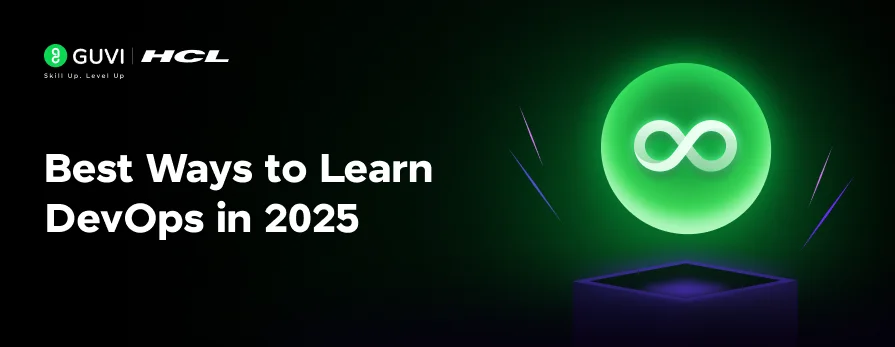
Want to Master DevOps? Are you ready to learn the technology that heavily influences software development and IT operations? In this rapidly evolving tech landscape where agility and efficiency play a crucial role, DevOps has emerged as the driving force behind continuous innovation and seamless collaboration between development and operations teams.
But, you might wonder, what’s the secret behind successfully mastering DevOps principles and practices? In this article, we give you the best ways to learn DevOps with an ultimate roadmap that can set you up on your journey toward becoming a DevOps professional.
Table of contents
- Best Ways to Learn DevOps 2025
- Step 1: Understand DevOps Concepts
- Step 2: Gain Familiarity with Version Control
- Step 3: Learn Scripting and Automation
- Step 4: Explore Configuration Management
- Step 5: Practice Continuous Integration (CI)
- Step 6: Implement Continuous Delivery (CD)
- Step 7: Work with Containerization
- Step 8: Learn Cloud Platforms
- Step 9: Monitor and Improve Performance
- Step 10: Embrace Collaboration and Culture
- Step 11: Work on Real Projects and Hands-On Practice
- Step 12: Read DevOps Books and Blogs
- Step 13: Attend DevOps Events and Meetups
- Step 14: Pursue a Certified Online Course
- Step 15: Continuously Improve and Adapt
- Conclusion
- FAQs
- Do I need to be a programmer to learn DevOps?
- What are the essential soft skills for a successful DevOps career?
- Are certifications necessary for a DevOps career?
- Which tools should I focus on learning for DevOps?
- How long does it take to learn DevOps?
Best Ways to Learn DevOps 2025
Learning DevOps involves a combination of technical skills, collaboration, and a mindset focused on continuous improvement.
Before we move to the next part, you should have a deeper knowledge of DevOps concepts. You can consider enrolling yourself in GUVI’s DevOps Course, which lets you gain practical experience by developing real-world projects and covers technologies including Agile, Scrum, Linux, Git, Bash Scripting, Dockers, Containers, AWS infrastructure, etc.
Additionally, if you would like to explore AWS Infrastructure through a Self-paced course, try GUVI’s AWS Infrastructure certification course.
Here’s a detailed step-by-step guide on the best way to learn DevOps:
Step 1: Understand DevOps Concepts
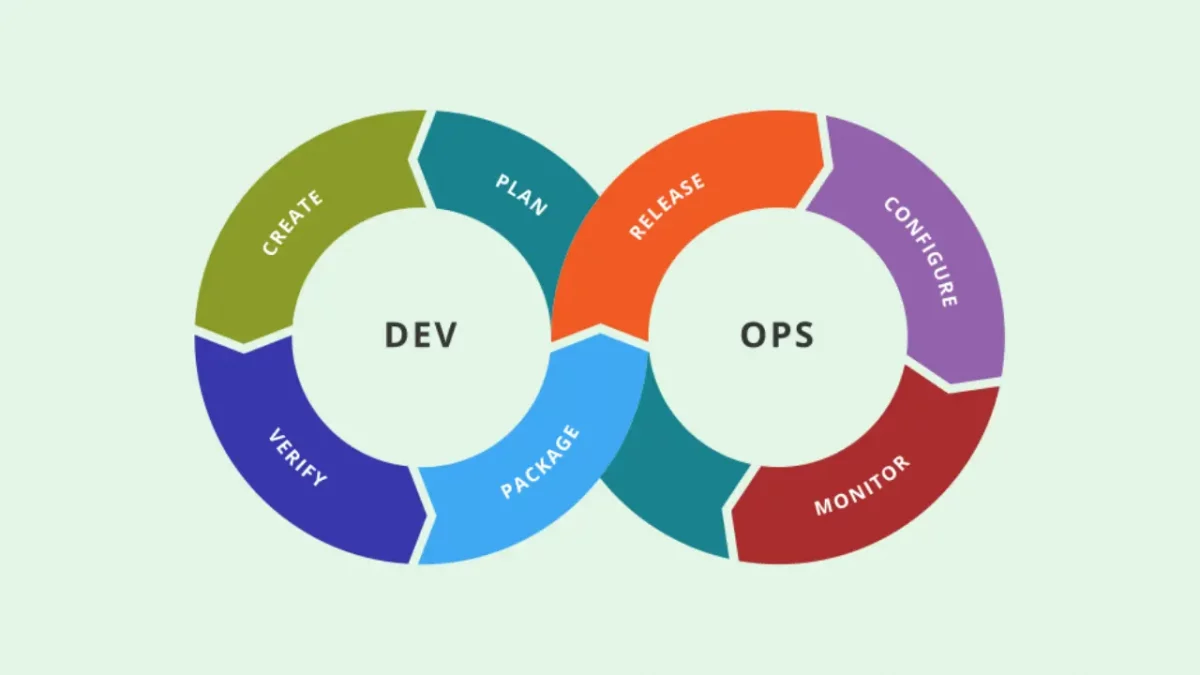
Before diving into the technical aspects, it’s essential to grasp the core principles and concepts of DevOps. DevOps is a set of practices that aim to bridge the gap between software development and IT operations. Key concepts include continuous integration, continuous delivery (CI/CD), version control, automation, and collaboration.
Step 2: Gain Familiarity with Version Control
Version control systems like Git are at the heart of DevOps workflows. Learn how to use Git for tracking code changes, collaborating with others, and managing code repositories. Understand branching and merging strategies, as they play a crucial role in managing code changes in a team environment.
Step 3: Learn Scripting and Automation
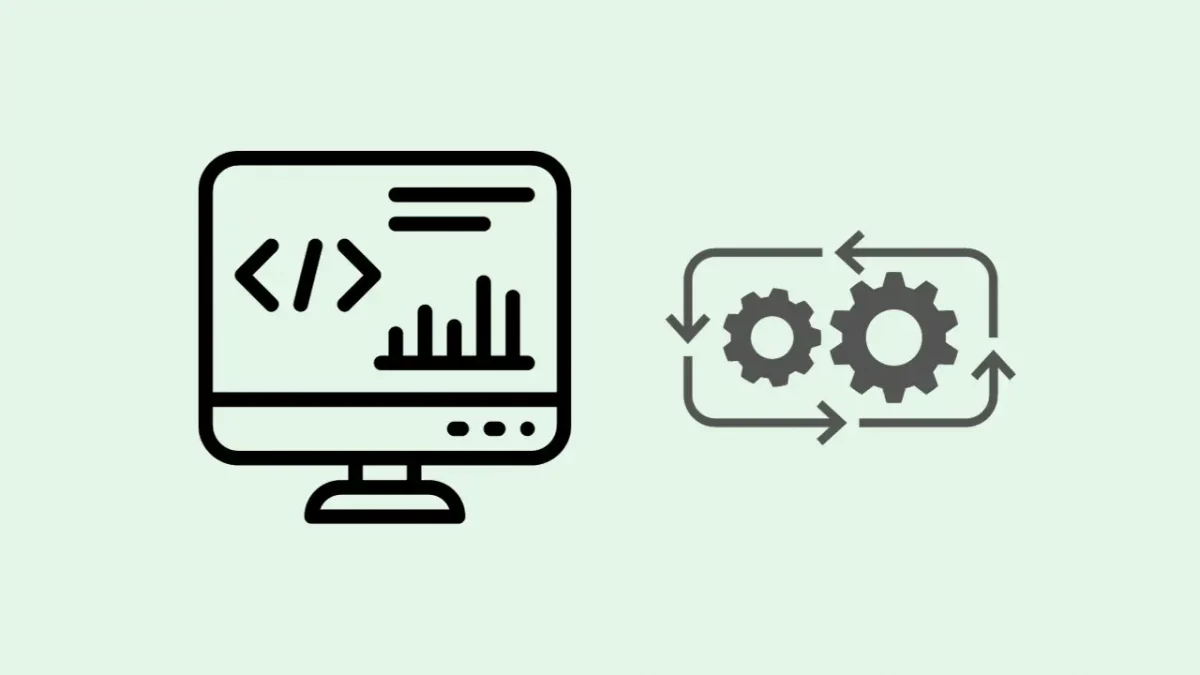
Developing automation skills is crucial in DevOps. Start with learning a scripting language like Python, Bash, or PowerShell. Automation simplifies repetitive tasks, reduces errors, and increases efficiency in software delivery processes.
Step 4: Explore Configuration Management
Configuration management tools like Ansible, Puppet, or Chef are used to manage and automate infrastructure and application configurations. Choose one of these tools and learn how to define, deploy, and manage infrastructure as code.
Step 5: Practice Continuous Integration (CI)
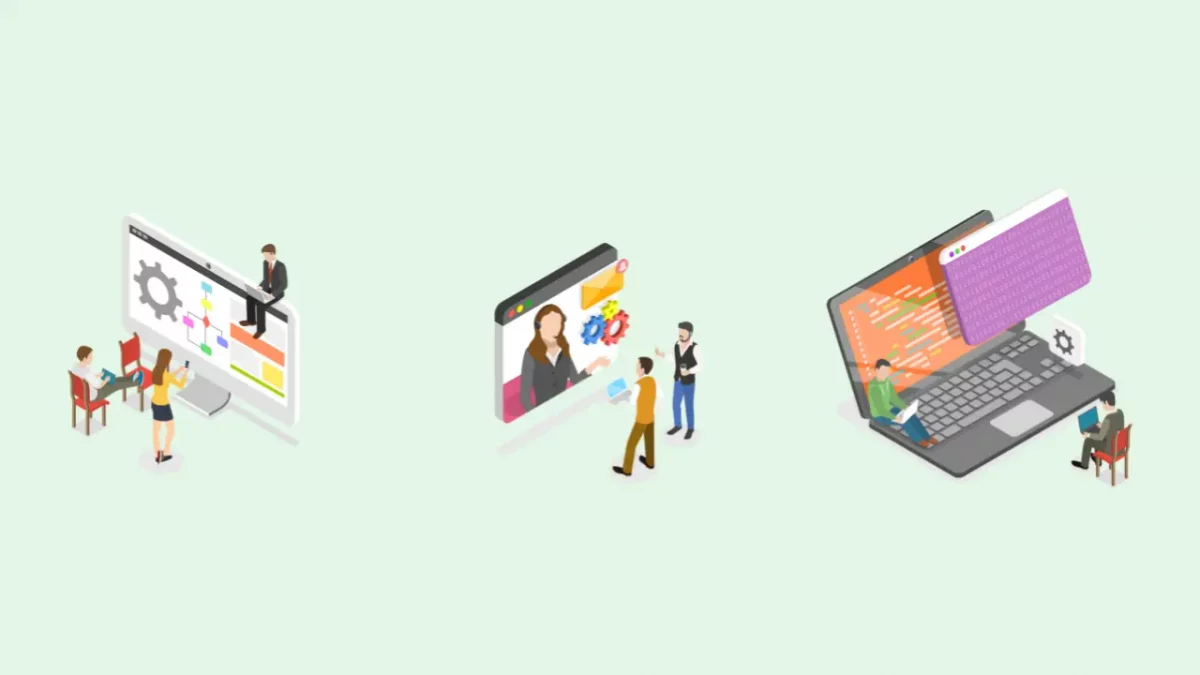
Understand CI and how it automates the process of code integration, allowing developers to merge code changes frequently. Set up a CI pipeline using tools like Jenkins, GitLab CI, or CircleCI. This pipeline should include steps for code building, testing, and code quality checks.
Step 6: Implement Continuous Delivery (CD)
Continuous Delivery ensures that code is always in a deployable state. Learn about CD concepts and extend your CI pipeline to include deployment stages. Automate the deployment process to various environments, such as staging and production.
Step 7: Work with Containerization
Containers have become an integral part of modern DevOps practices. Learn about containerization platforms like Docker and container orchestration tools like Kubernetes. Understand how containers enable consistency and portability in deployments.
Step 8: Learn Cloud Platforms
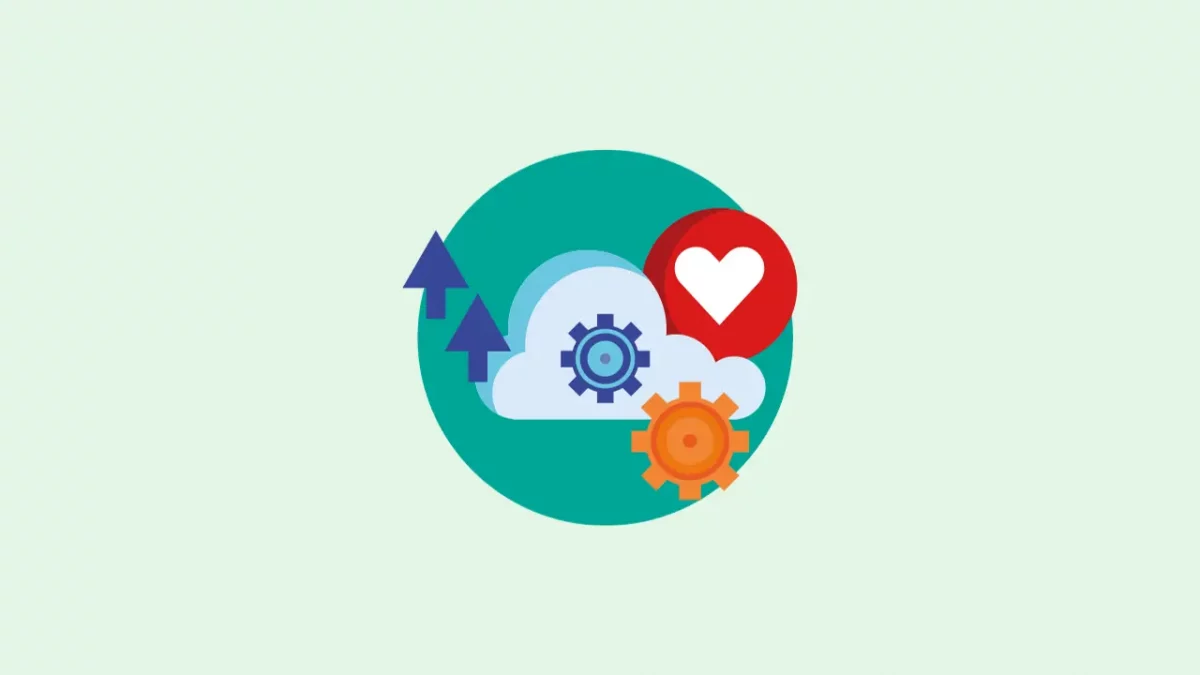
Familiarize yourself with major cloud platforms like Amazon Web Services (AWS), Microsoft Azure, or Google Cloud Platform (GCP). These cloud services provide the infrastructure and services needed to host and scale applications.
Step 9: Monitor and Improve Performance
Monitoring is crucial for identifying issues and improving system performance. Learn about monitoring tools like Prometheus, Grafana, or ELK stack (Elasticsearch, Logstash, Kibana). Understand how to set up monitoring for applications and infrastructure.
Step 10: Embrace Collaboration and Culture
DevOps is not just about tools and technologies; it’s also about fostering a collaborative and iterative culture. Embrace practices like blameless post-mortems, cross-functional teams, and continuous learning.
Step 11: Work on Real Projects and Hands-On Practice
Theory is essential, but real-world experience is invaluable. Contribute to open-source projects, work on personal projects, or collaborate with others on GitHub. Participate in hackathons or DevOps-related challenges to apply your knowledge in practical scenarios.
Step 12: Read DevOps Books and Blogs
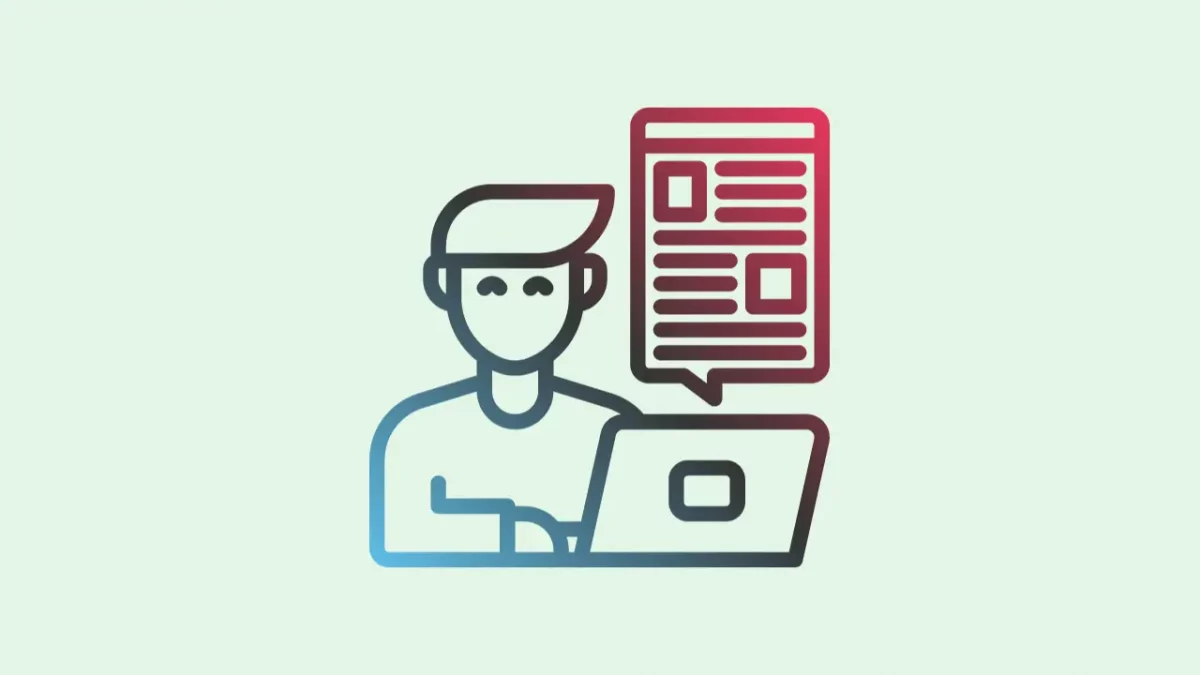
Stay updated with the latest trends and best practices by reading books, blogs, and articles related to DevOps. Some recommended books include “The Phoenix Project” by Gene Kim, Kevin Behr, and George Spafford, and “Continuous Delivery” by Jez Humble and David Farley.
Step 13: Attend DevOps Events and Meetups
Participate in DevOps events, webinars, and local meetups to network with professionals, learn from experienced practitioners, and stay connected to the DevOps community.
Step 14: Pursue a Certified Online Course
Certifications can validate your DevOps skills and knowledge. Consider pursuing certificated courses from recognized organizations as that can help you understand the concepts much better.
Step 15: Continuously Improve and Adapt
DevOps is a constantly evolving field. Keep learning, experimenting, and adapting to new tools, technologies, and methodologies.
Kickstart your career by enrolling in GUVI’s DevOps Course where you will master technologies including Linux, Git, AWS, etc, and build interesting real-life DevOps projects. Alternatively, if you want to explore AWS infrastructure through a Self-paced course, try GUVI’s AWS Infrastructure certification course.
Conclusion
Mastering DevOps is not just about learning a set of tools or following a predefined path. It’s a long process that emphasizes collaboration, automation, and continuous improvement.
By embracing DevOps principles and practices, you can break down workflow, streamline development processes, and deliver high-quality software at a rapid pace.
As you immerse yourself in the DevOps culture, you’ll not only enhance your technical skills but also become an invaluable asset to any organization seeking to thrive in today’s dynamic tech landscape.
So stay curious, be proactive, and remain open to feedback as you progress on your DevOps learning journey.
FAQs
While having programming skills can be beneficial, it is not a strict requirement to start learning DevOps. DevOps professionals should have a basic understanding of scripting and automation, but proficiency in a specific programming language is not always necessary.
Effective communication, collaboration, problem-solving, and adaptability are essential soft skills for a successful DevOps career. DevOps is as much about culture and teamwork as it is about technical expertise.
While certifications can add value to your resume and demonstrate your knowledge, they are not mandatory for a successful DevOps career. Practical experience and a deep understanding of DevOps principles are equally important.
Key tools in the DevOps ecosystem include Git for version control, Jenkins or GitLab CI for continuous integration, Ansible or Puppet for configuration management, Docker for containerization, and Kubernetes for orchestration. Start with a few of these tools and gradually expand your skillset.
The time required to learn DevOps depends on your background, prior knowledge, and dedication. Some individuals may grasp the fundamentals in a few months, while others may take longer. It’s a continuous learning journey that evolves.

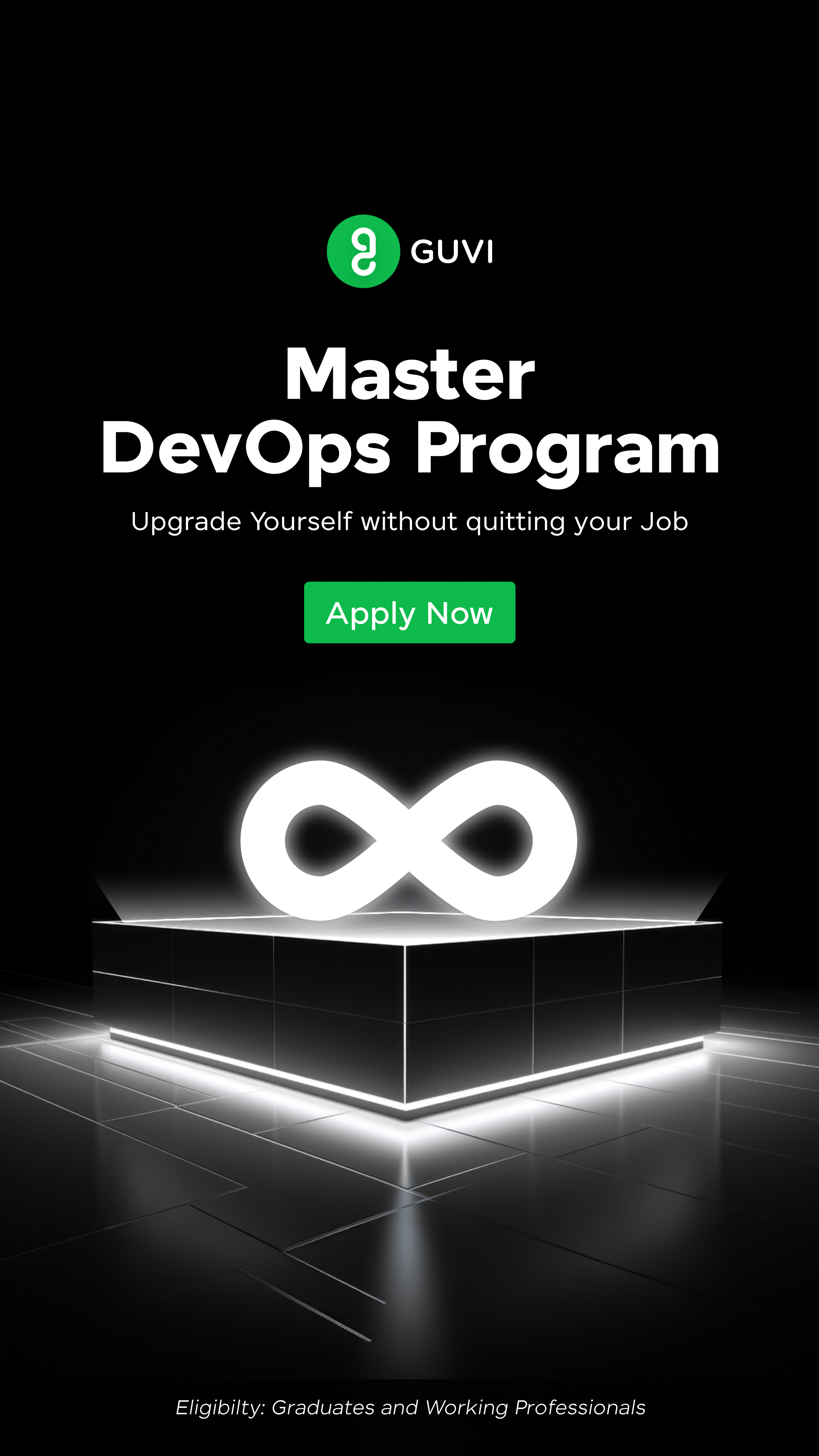


















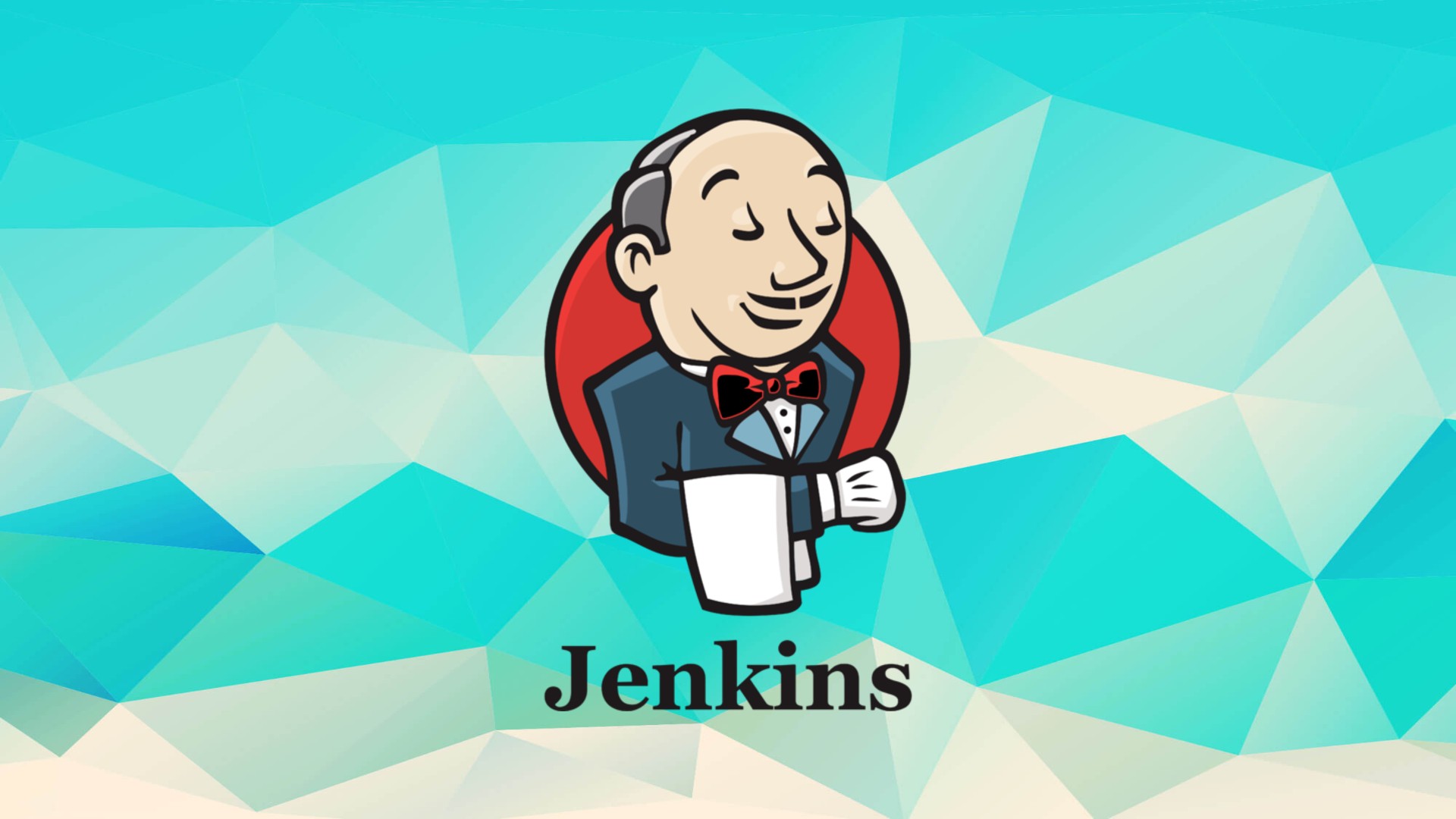
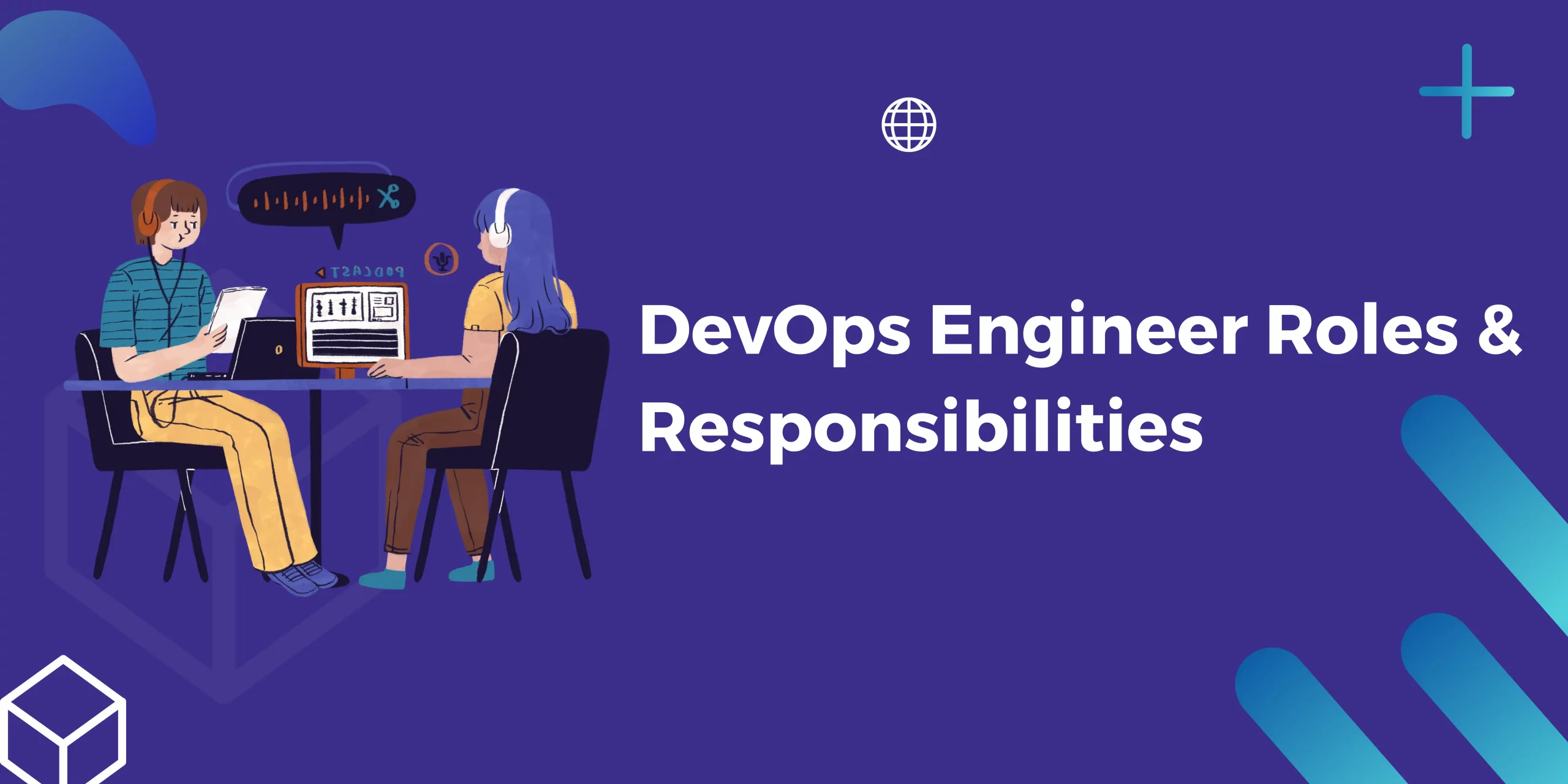
![Top High-Paying Non-Coding Jobs in DevOps [2025] 9 Non-Coding Jobs in DevOps](https://www.guvi.in/blog/wp-content/uploads/2023/11/Top-10-Non-Coding-Jobs-in-DevOps.png)

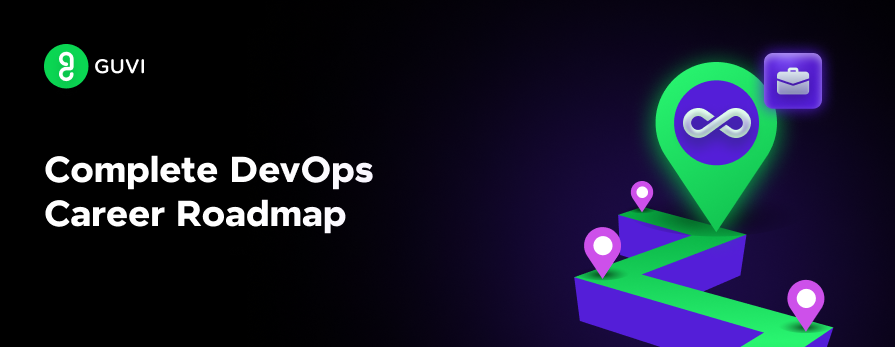

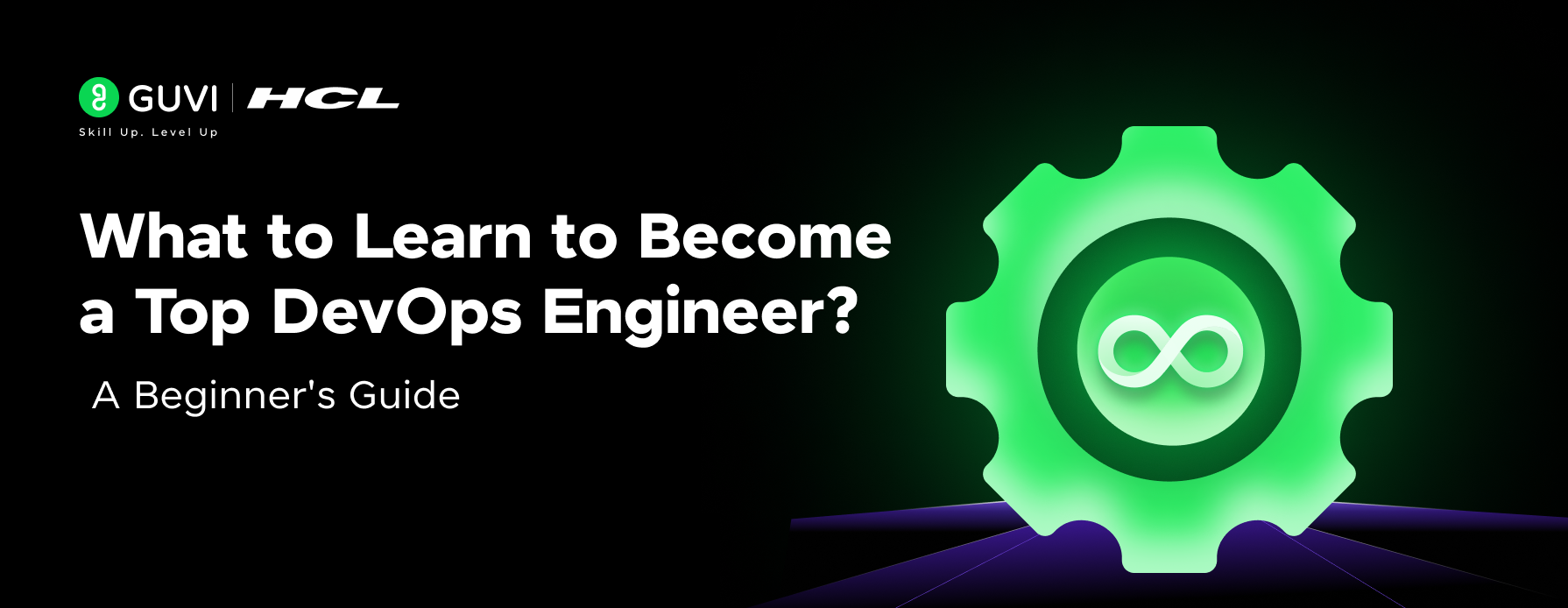
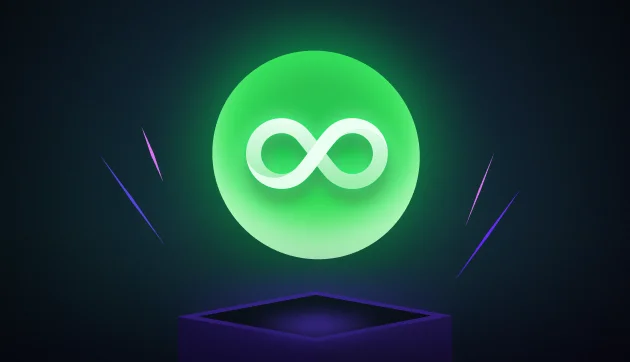
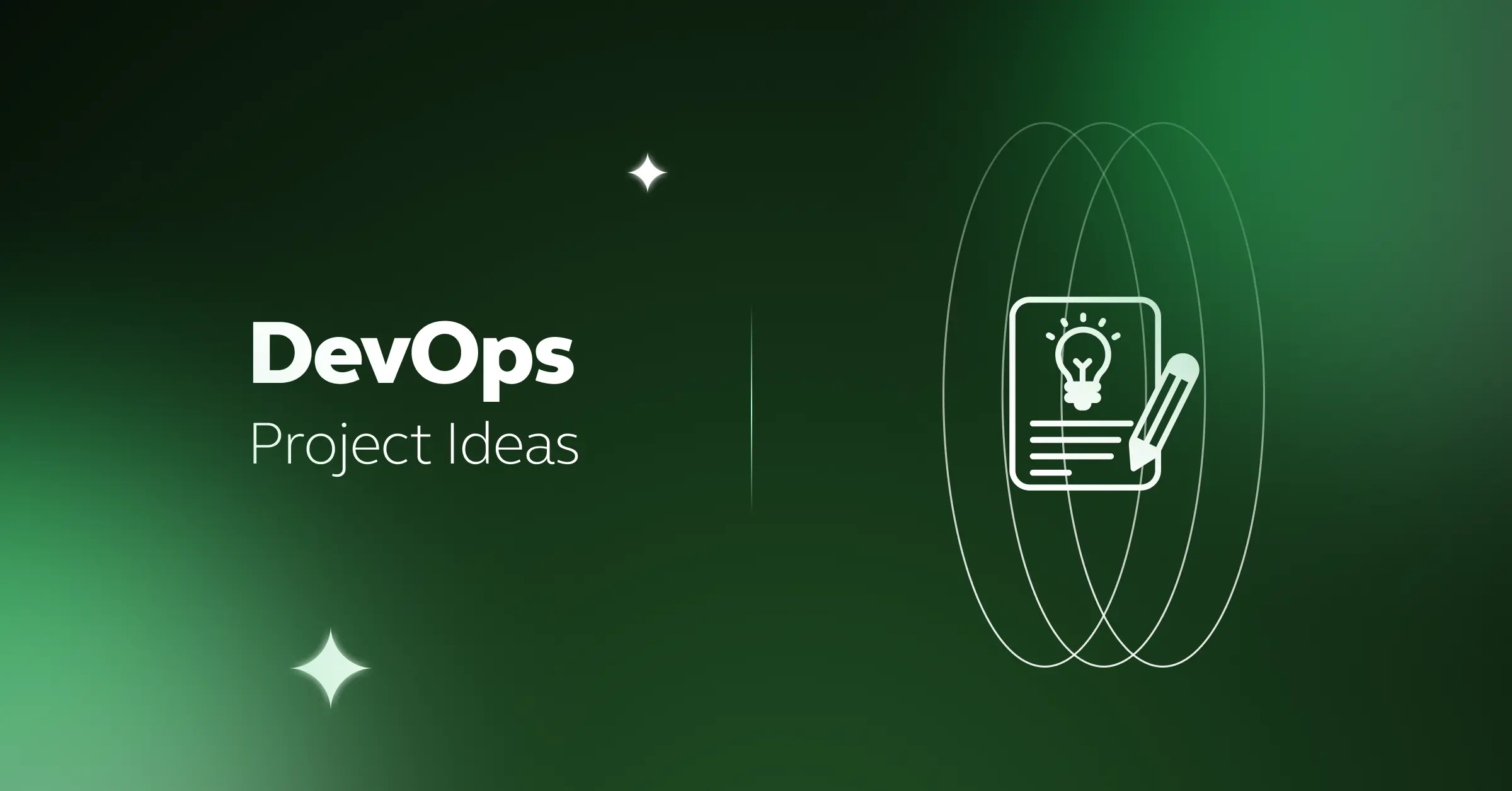

Did you enjoy this article?